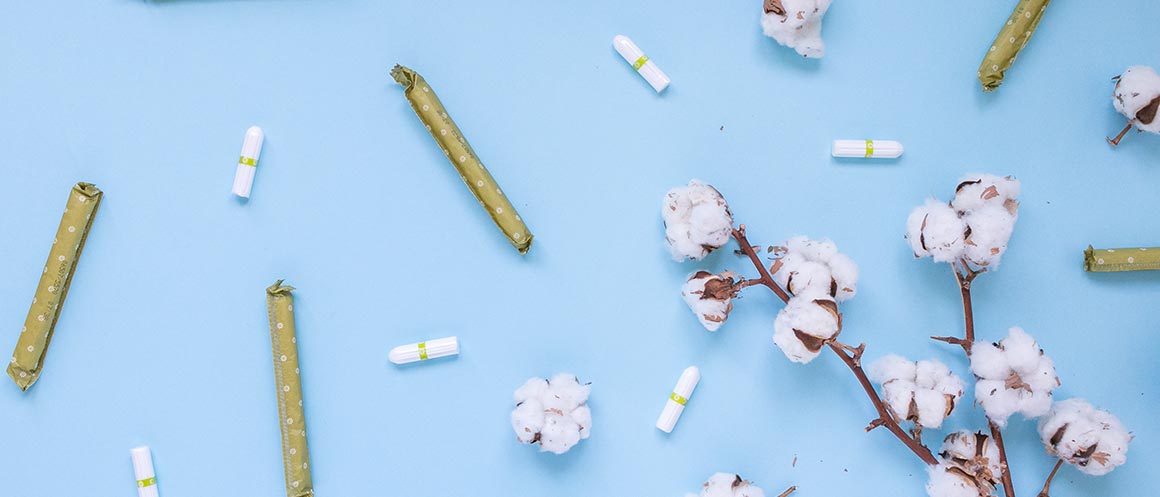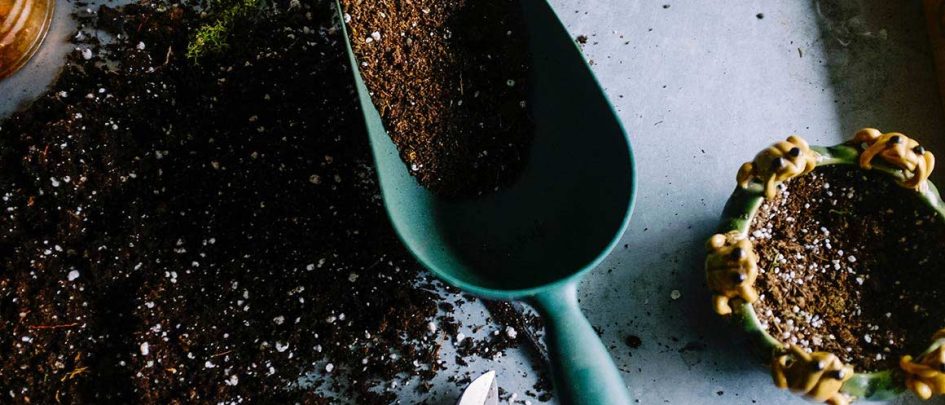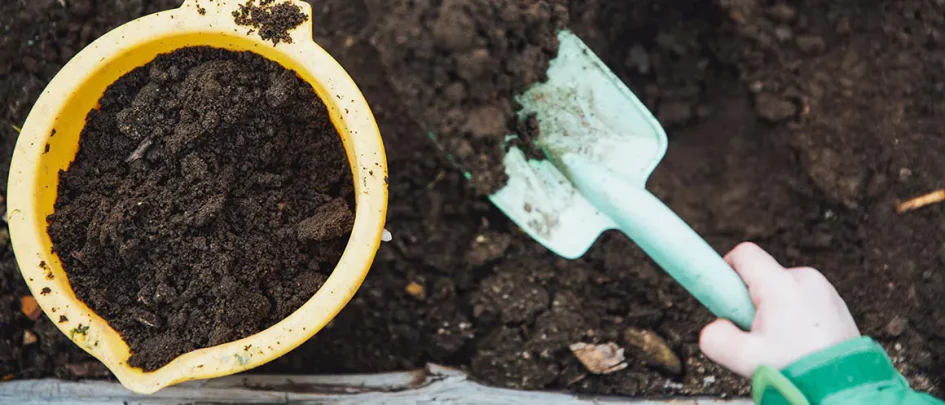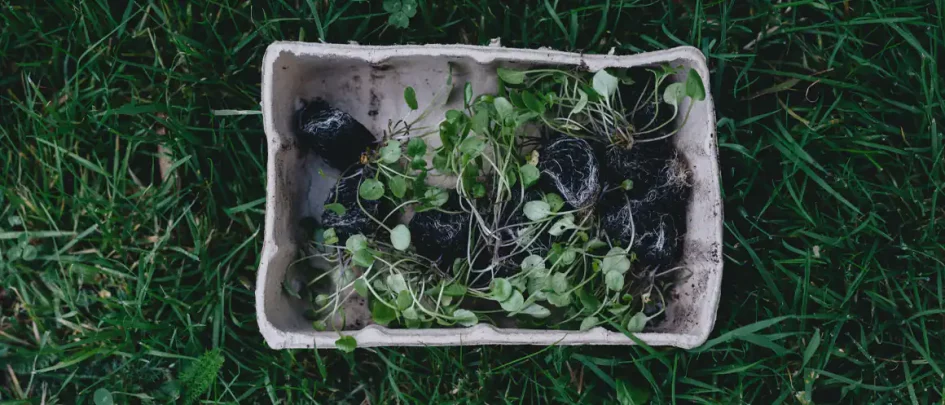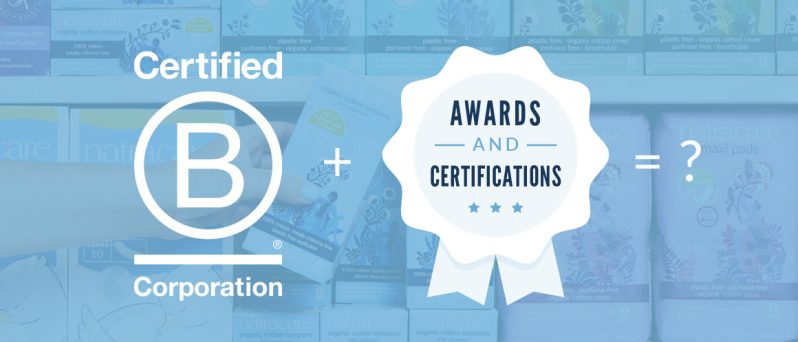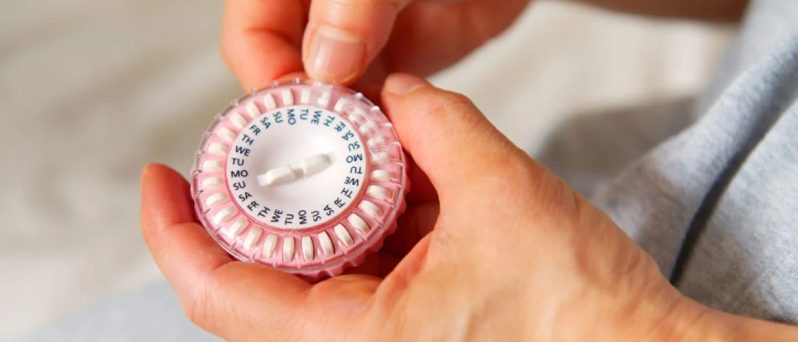A key part of green living is looking for ways to reduce our household waste. What better way than diverting your biodegradable waste to your compost bin? There are many everyday items that simply don’t need to have a future in landfill – including your period products! Find out which tampons are compostable, how long it takes, and how to compost your tampons safely.
Are tampons compostable?
Yes, tampons can be composted. And yes, we’re talking about composting your used tampons here! However, not all brands of tampons are compostable. You might not immediately think to throw your old period products in your compost bin, but menstrual blood can be a great addition to your compost.
What tampons are compostable?
First: check the ingredients list on your pack of tampons. Are they actually compostable? Tampons are only compostable if they’re made with natural materials only. This means they must be plastic free. Tampons shouldn’t have a plastic security or hygiene veil on the outside (this is surprisingly common as they’re added to prevent tampons fibre loss) or a reinforced string. Ones that do aren’t compostable.
Tip: You can check a tampon by unwrapping it and seeing whether there is a peelable layer covering the outside.
Tampons that contain rayon are also compostable. However, composting rayon aka viscose fibres means synthetic, and sometimes toxic, residues can end up in your compost pile. This is because rayon is a highly processed material which has met many chemicals to achieve its final state. 100% GOTS certified organic cotton tampons are ideal to compost as they avoid any potential unwanted pesticide residues like glyphosate. Cotton is a natural material which is 100% compostable and biodegradable.
Know what you’re putting in your body?
No pesticides, phthalates or dioxins! Try tampons made with 100% organic cotton and nothing else.

Make the switch today
If you use applicator tampons, the cardboard applicator is also compostable. Note: neither plastic nor plant-based plastic applicators are biodegradable or compostable.
How long do tampons take to compost?
Tampons made with 100% cotton take between five to six months to decompose in a compost pile. Although it can be faster or slower depending on your compost bin’s moisture levels, material, and temperature.
Natural tampons are classed as brown compost, along with other materials like twigs, cardboard, and wood. These take a bit longer to decompose compared to green waste like grass and vegetable peelings. We recommend giving your compost up to a year before using.
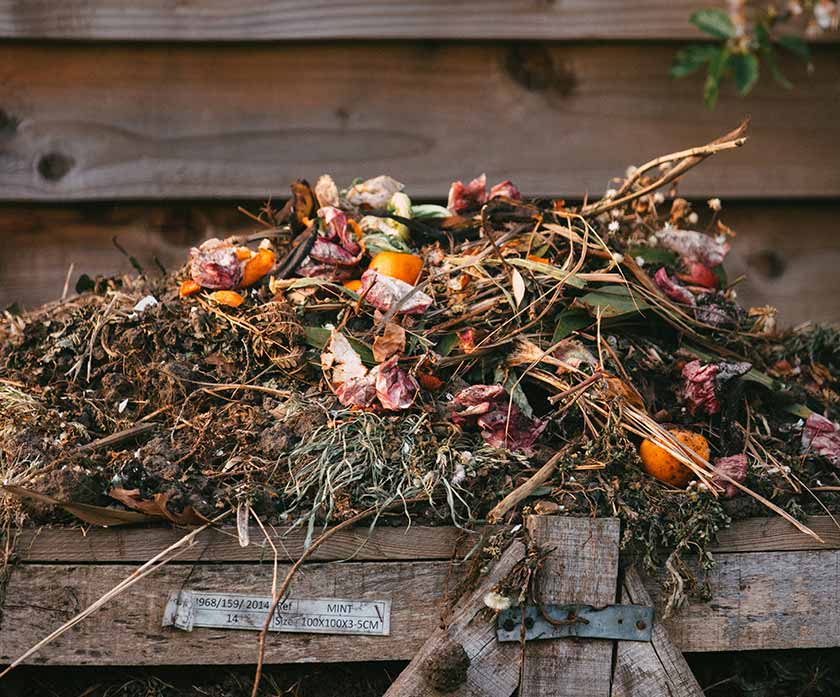
Is it safe to compost tampons?
Yes, tampons are safe to compost, if done correctly! You can compost old clothes made from cotton and other natural materials, so there is no reason to not compost natural menstrual products too. In fact, menstrual blood contains sodium, calcium, phosphate and iron – which is an excellent natural fertiliser for many plants!
Extra consideration is needed however, as used tampons contain old menstrual blood.
If you have a traditional bin, it’s best to use your resulting compost for things like growing plants and restoring depleted soils – not for growing your own food. Menstrual fluids are natural of course, but they can also be a biohazard! However, left long enough and in a well-sealed bin, you will always end up with useable compost with everything nicely decomposed, ready to use.
What is the best way to compost tampons?
You can use a normal compost bin for your tampons as mentioned. But optimum conditions for tampons are using the same methods that are used for composting things like meat, bones, and cooked food-waste. These are:
- Hot composting
- Bokashi style
- Trench composting
- Humanure method
These types of composting ensure any biohazardous bacteria and pathogens are safely killed off in the process or left long enough to let nature take its course! This means your resulting compost can be used on your allotments, your vegetable patches and throughout your garden!
Have you tried composting your tampons yet? Let us know in the comments below. And also, find out more about our 100% compostable tampons here.
